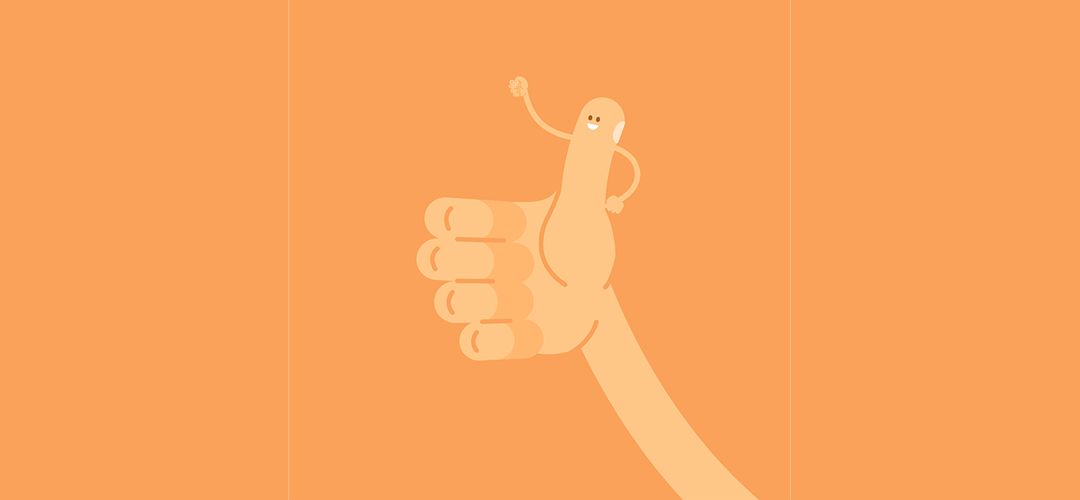
13739 views
by Dr.Meghna varma
OBSESSIVE COMPULSIVE DISORDER

Every night, Sheetal spends over an hour preparing for bed. Once she has brushed her teeth & changed into her pyjamas, she locks the door, checks the stove if its turned off & then turns the lights out.
While checking the stove, she actually touches the control knob to make sure it's off. Then she checks the knob for a few seconds to make sure she hasn't accidentally turned it on by touching it even though she knows that's not possible with such light touch. Then nally as she walks into her bedroom, she is stopped by the thought that maybe she forgot to lock the door. She goes back to check the lock again. Once she goes to bed she immediately starts to wonder if she turned the lights off in the other room. And she goes through the whole process again & again.
Sheetal has an Obsessive Compulsive Disorder.
OCD plagues its victims with persistent, intrusive thoughts known as obsessions. These obsessions are associated with compulsions which are acts they are compelled to do in order to reduce the distress caused by obsessive thoughts.
OCD lives off one's unique fears & anxieties that have no basis in reality. For some its observable behaviours (like Sheetal's stove checking) but for others it can be about harming oneself or others.
For normal people, it may seem irrational but people with OCD tend to lose the rational perspective. Their brains refuse to look past the fears and they get caught up in a constant battle.
Here are some little known facts about OCD:
Not everybody with OCD is obsessed with cleaning :Not all people with OCD have a fear of contamination. In fact, studies reveal compulsive checking is more common that compulsive cleaning. Also, people with OCD can even be messy. Some of them may have a fear of using public restrooms but maybe ok with a cluttered room or a dirty car.

Compulsions & Obsessions can change overtime
People with OCD engage in compulsions so as to manage the anxiety resulting from their obsessive thoughts. While both of these (compulsions & obsessions) are subject to change, the underlying emotions may remain the same.
For instance, a 14 year old kid may be paranoid with persistent thoughts of her parents dying. At 28, the same person might be overwhelmed with the fear of losing her spouse. While the specic thought has changed, the underlying fear of losing a loved one has remained the same.

OCD is not a personality trait. It's a mental health condition
OCD patients have a wide range of personalities. While some are obstinate & seek control over others, some are submissive to others but are strict when it comes to self control.

Compulsions are not always visible
While some compulsive behaviours are obvious - such as making sure doors are locked, checking your work to make there's no mistake, making sure appliances are turned off - others may not be visible.
These include mental rituals like praying, counting to a specic number, going over circumstances or events again & again

OCD is treatable
It's true that people with OCD can't will their way out of obsessive thoughts or compulsive behaviours. But there are many treatment methods that can help. Some of these include:



